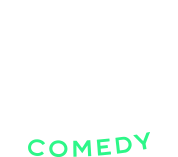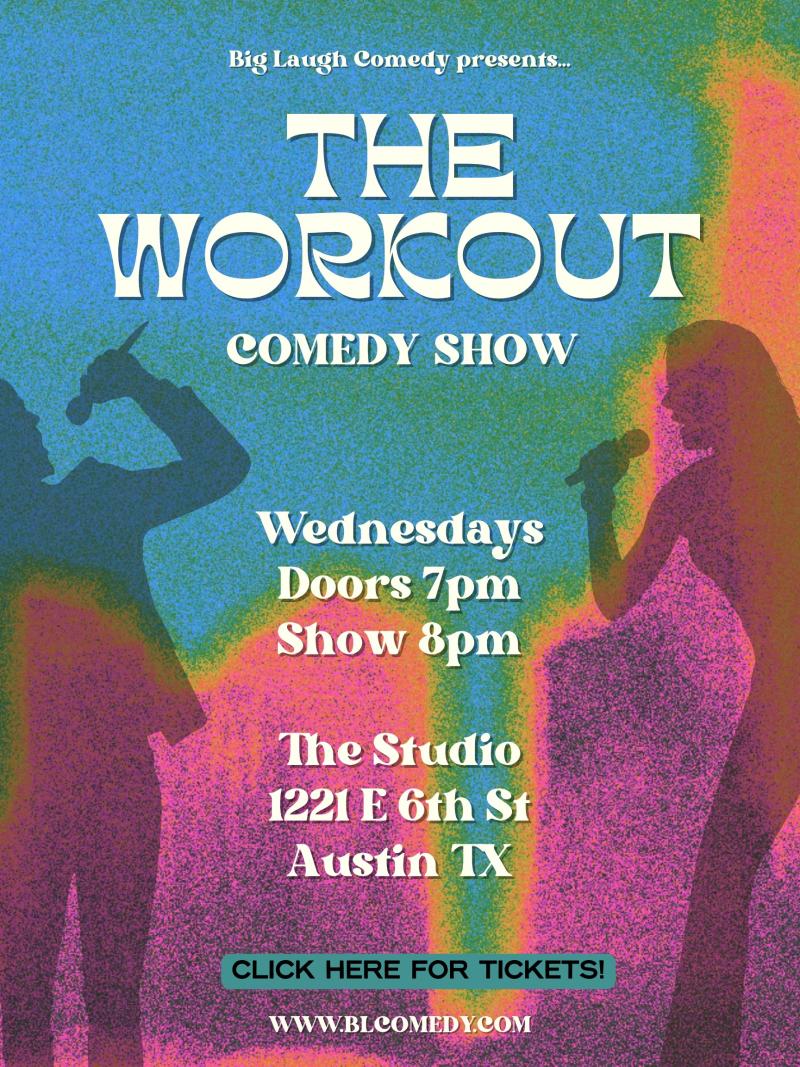Comedy has just about existed in some way, shape, or form since the dawn of mankind. But what are the unique styles of comedy, and how have they evolved over the centuries? In this article, we’ll be exploring all of this and more!
Background: Comedy in the 21st Century
The digital age has changed the way we consume media, and comedy is no exception. It used to be the case that we would have to visit a local comedy club or go to the movies if we wanted to see a comedy show; now, we can access almost unlimited content at the press of a button.
Because of this, the comedy landscape is more diverse now than it has ever been. Streaming services and platforms have played a major role in this, too; alongside gambling movies for quality Netflix and chill time, obscure documentaries, and classic sitcoms, prominent comedians have been producing their own standup shows specifically to be shown across different streaming platforms.
This has led to a far greater variety of comedy performers and writers coming to prominence than ever before. No matter what you find funny, there’s bound to be the perfect comedy out there for you in this day and age.
How Comedians Have Made People Laugh Since Ancient Times
It can be argued that comedy as we think of it today has its roots all the way back in the 4th century BCE. Aristotle was the first thinker to develop a critical view or reflection of comedy as a practice; in his view, the social purpose of comedy was to critique and give us reason to consider our society and its flaws in a wider, more abstract way than we otherwise might.
Naturally, comedy has taken on quite different forms across cultures and societies. What is and isn’t funny can actually vary dramatically from one place to another, so, accordingly, comedy will look different from country to country, too.
Slapstick Comedy/Physical Comedy
Probably one of the commonest and most universal types of comedy is what’s referred to as ‘slapstick’ comedy. Slapstick performers use their bodies in silly, comical ways to make the audience laugh; language is often of lesser importance in slapstick routines.
Slapstick comedy is especially associated with so-called ‘British’ humour. Punch and Judy is just one notorious example of slapstick comedy from the UK; it’s also seen in media like Monty Python and Little Britain.
One reason that slapstick comedy is so popular is because of how accessible it is. Even if you speak a different language to a slapstick performer, they can still make you laugh with their body alone. How cool is that?
Dark Comedy
Dark comedy is one of the more controversial types of comedy out there, because it generally relies on making light of edgy, uncomfortable, or taboo subject matter. While challenging for some, dark comedy can help us to process or make peace with the darker sides of life; if you struggle to enjoy dark comedy, there may be a deeper reason for it than the subject matter itself!
Puns, Wordplay, and Wit
Comedians often play with and manipulate language to comic effect as part of their routines. Using satire, puns, and witty retorts and comebacks, comedy performers can create jokes and double entendres out of rhymes and other, seemingly innocuous sentences or statements.
It probably goes without saying that making language-based jokes like these is more mentally demanding than, say, performing a slapstick routine. However, in the right hands, wordplay and puns can be just as funny (even if, to some people, they’re little more than ‘dad jokes’).
Standup
Standup comedy really needs no introduction. It’s one of the best-known and, in many cases, most notorious types of comedy. For the performer, it’s also one of the most challenging; working the room is an art in and of itself, and there are nearly countless ways that a standup routine can go very wrong.
Indeed, understanding and being able to manipulate the chemistry of the room that one is performing in is a vital part of nailing any standup routine. If your jokes fail to land, it can be pretty, well, awkward. This can also have something of a snowball effect; if your audience notices that some members of the crowd aren’t laughing at your material, then they may feel less inclined to laugh themselves.
Unfortunately, there’s only so much that can be done when performing to a lukewarm crowd. Even the best standup comedians will have nights where their routine falls completely flat; being able to roll with this is just part of the job.
Standup performers can and do get heckled on a regular basis, too. While learning to deal with this is part of being a great standup comedian, that’s often much easier said than done. Many of the best standup performers have successfully been able to work heckling into their routines, it can easily cause less experienced performers to falter and, in the worst of cases, completely bomb their act all together.

